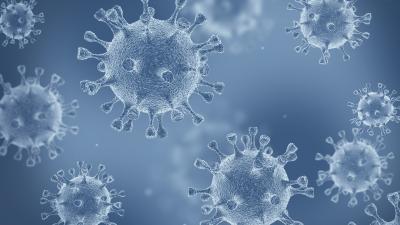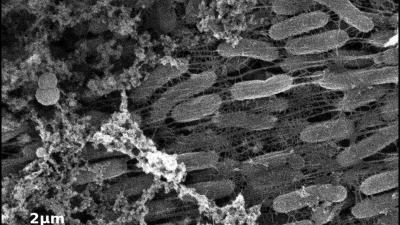Brain-NET Accurately Predicts Surgeon Certification Scores Based on Neuroimaging Data
In order to earn certification in general surgery, residents in the United States need to demonstrate proficiency in the Fundamentals of Laparoscopic program (FLS), a test that requires manipulation of laparoscopic tools within a physical training unit. Central to that assessment is a quantitative score, known as the FLS score, which is manually calculated using a formula that is time-consuming and labor-intensive.









